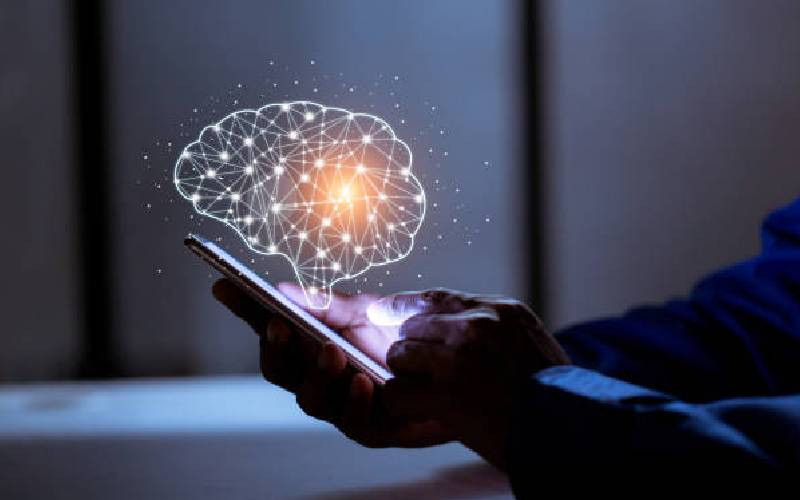×
The Standard e-Paper
Fearless, Trusted News

About three years ago, Kenya established the Data Protection Act 2019 which came into force on 25th November 2019.
This Act became the primary statute on data protection in Kenya. Consequently, the Data Protection Regulations were crafted in 2021 to expound in more detail - the rights of data subjects, restrictions on commercial use of personal data, duties and obligations of data controllers and data processors.